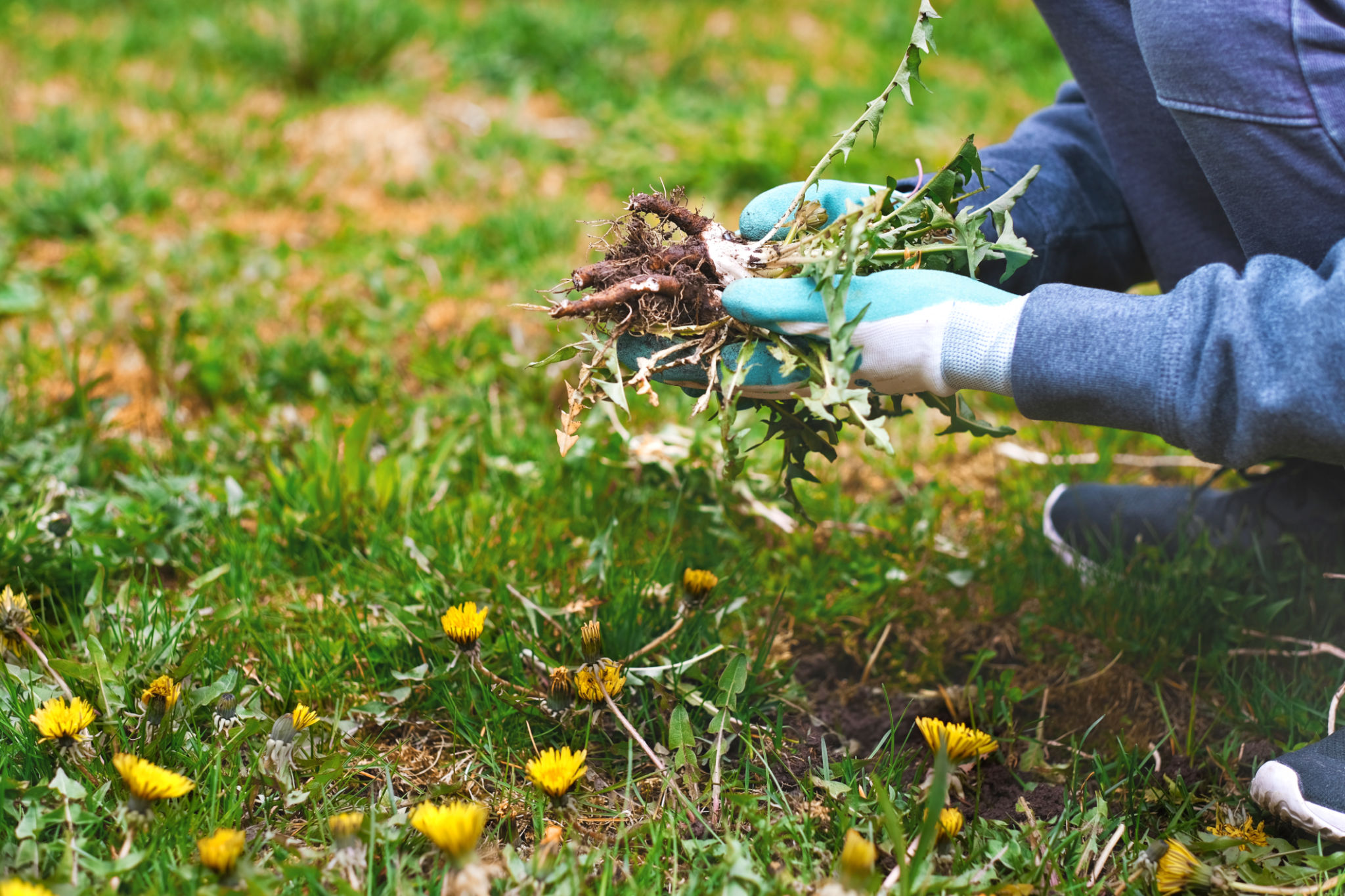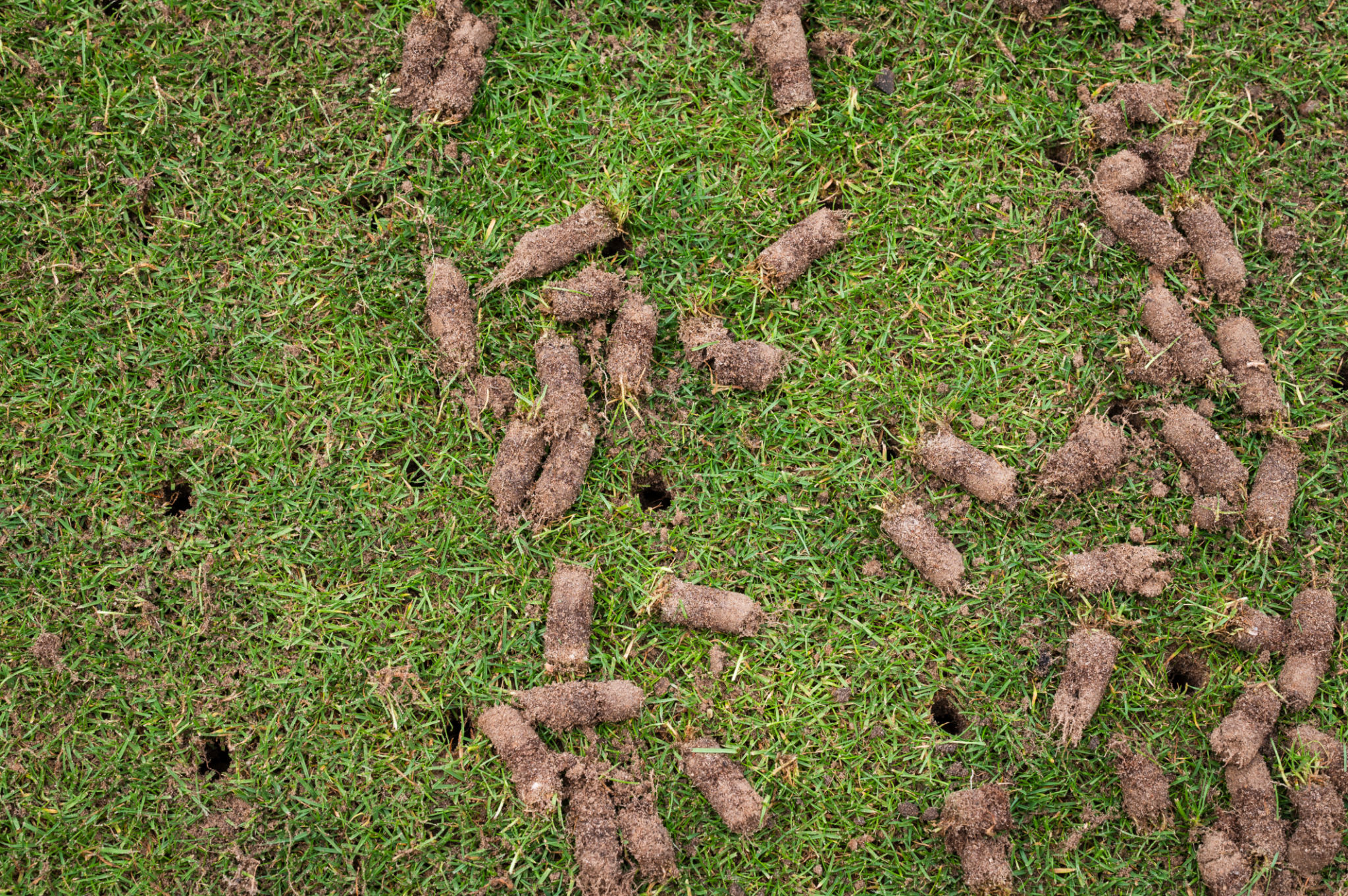Top Trending Organic Lawn Treatments for a Greener Yard
Embracing Organic Lawn Care
In recent years, homeowners have increasingly turned to organic lawn treatments as a sustainable and environmentally friendly way to maintain lush, green yards. These methods not only reduce harmful chemical usage but also promote healthier soil and plant life. As more people become aware of the impact of traditional lawn care practices, the demand for organic alternatives continues to rise.

Understanding Organic Fertilizers
One of the most popular trends in organic lawn care is the use of organic fertilizers. Unlike synthetic options, organic fertilizers are derived from natural sources such as compost, manure, and bone meal. They release nutrients slowly, improving soil structure and promoting beneficial microbial activity. This gradual release ensures that plants receive a steady supply of nutrients without the risk of over-fertilization.
Natural Weed Control Methods
Organic lawn treatments also include innovative approaches to weed management. Instead of using harsh chemicals, many gardeners opt for natural weed control methods. These include hand-pulling, mulching, and the application of corn gluten meal, a natural pre-emergent herbicide that prevents weed seeds from germinating. By focusing on soil health and plant competition, these methods can effectively reduce weed growth over time.

Integrated Pest Management
Pest control is another critical aspect of organic lawn care. Integrated Pest Management (IPM) is a holistic approach that combines biological, cultural, and mechanical strategies to manage pests. Encouraging beneficial insects like ladybugs and lacewings can naturally keep pest populations in check. Additionally, using neem oil or insecticidal soap can help control pests without harming the environment.
The Role of Aeration and Composting
To maintain a healthy lawn organically, aeration is essential. Aerating your lawn involves perforating the soil with small holes to allow air, water, and nutrients to penetrate the grassroots. This process enhances root growth and improves soil structure. Coupling aeration with regular composting adds valuable organic matter to the soil, further promoting a vibrant lawn.

Water Conservation Techniques
Water conservation is a significant component of sustainable lawn care. Practices such as using rain barrels, installing drip irrigation systems, and watering early in the morning or late afternoon can help reduce water usage while maintaining a healthy lawn. Selecting drought-tolerant grass varieties can also decrease dependency on frequent watering.
Sustainable Lawn Mowing Practices
Proper mowing techniques contribute to a greener yard. Setting your mower blade at the correct height helps grass develop stronger roots and shades out weeds. Additionally, leaving grass clippings on the lawn acts as a natural fertilizer, returning valuable nutrients to the soil.
Embrace a Greener Future
Adopting organic lawn treatments not only contributes to a healthier environment but also results in a more resilient and vibrant yard. By exploring these trending methods, homeowners can enjoy a beautiful outdoor space while also taking steps toward sustainability. As you embark on your organic lawn care journey, remember that patience and consistency are key to achieving long-term success.
